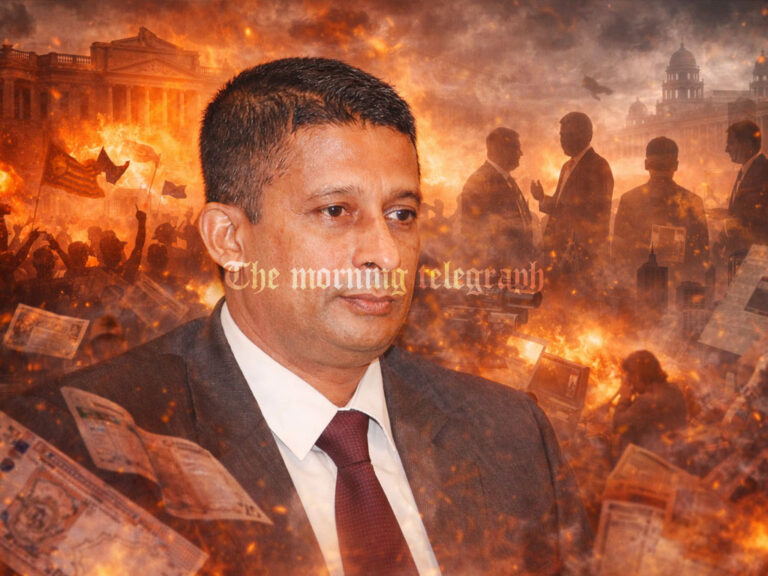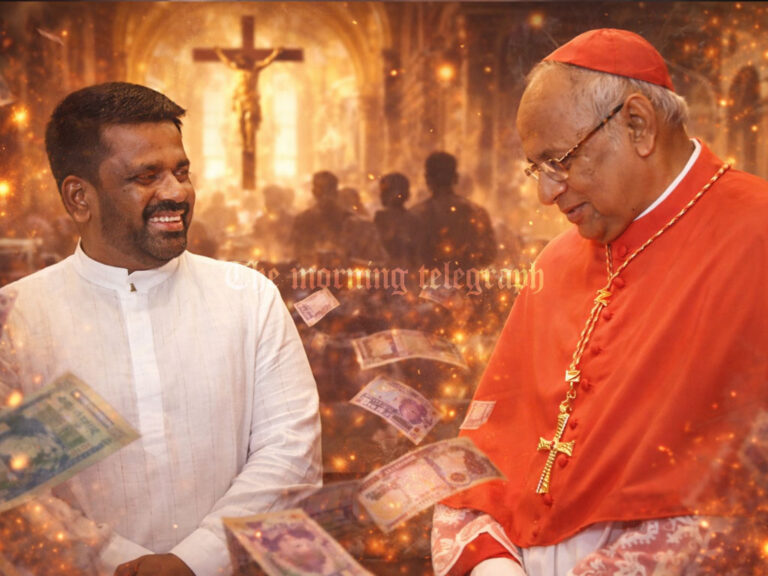
Colombo, Sri Lanka – Prime Minister Dr. Harini Amarasuriya announced the government’s commitment to allocate 6% of the Gross National Product (GNP) to education, despite ongoing economic challenges. Speaking at a workshop held on the 28th at Ananda Vidyalaya, Colombo, attended by principals from 396 national schools across the island, the Prime Minister outlined a comprehensive vision for reforming the country’s education system.
The workshop, the first of its kind in five years, focused on various aspects of school administration, including financial management, infrastructure repair, and supervision of national schools. Dr. Amarasuriya, the event’s chief guest, used the platform to discuss the government’s commitment to education reform, addressing the pressing issues that have eroded public confidence in the system.
“Our education system has become politicized, leading to confusion and frustration among students, parents, and teachers,” the Prime Minister said. “We need a clear and unified policy that allows us to produce not only educated individuals but virtuous citizens who can lead this country.”
She also highlighted the growing financial burden on families, pointing out that free education in its current state is not truly free, as parents continue to spend heavily on their children’s schooling. “This is unacceptable in a country with a policy of free education. We must eliminate these disparities and reduce the economic strain on families.”
Dr. Amarasuriya stressed that the government would work to ensure education is no longer influenced by political agendas, and would focus on creating a system that fosters integrity, collectivity, and compassion. The Prime Minister also emphasized that the government is dedicated to improving the infrastructure and providing adequate resources for schools and teachers.
Acknowledging the lack of confidence in the existing education system, Dr. Amarasuriya said, “Can we trust that exams will be conducted as scheduled, that results will be reliable, or that teacher appointments and transfers are handled fairly? These are all questions that have led to the loss of faith in our education system.”
The Prime Minister attributed the ongoing crisis to decades of neglect by previous governments, who, she said, had distanced themselves from their responsibility to prioritize education in national development.
The Prime Minister shared that the government’s education policy is aimed at not only preparing students for employment but also creating citizens who can contribute to society’s cultural and ethical fabric. “We want to create a virtuous society where we can all live beautiful lives,” she said, emphasizing that education should cultivate leaders capable of transforming Sri Lanka into a globally respected nation.
Dr. Amarasuriya also noted that past education reforms had left the system confused, with conflicting policies coming from different government bodies. She called for unity and clarity in policymaking to ensure that future reforms are effective and widely accepted.
While the goal of dedicating 6% of the GNP to education is ambitious, the Prime Minister assured that the government is taking the necessary steps to achieve it, despite the current economic challenges. Special emphasis will be given to education in the upcoming national budget, she added.
“This is a collective journey. One government or one party cannot do it alone,” Dr. Amarasuriya said, urging for collaboration among educators, policymakers, and the broader community. She pledged that the government would work towards restoring professional dignity to educators and creating an environment where they can work independently and effectively.
The workshop concluded with a strong call to action, with the Prime Minister reiterating the government’s dedication to supporting education at all levels, from policy to practice.




